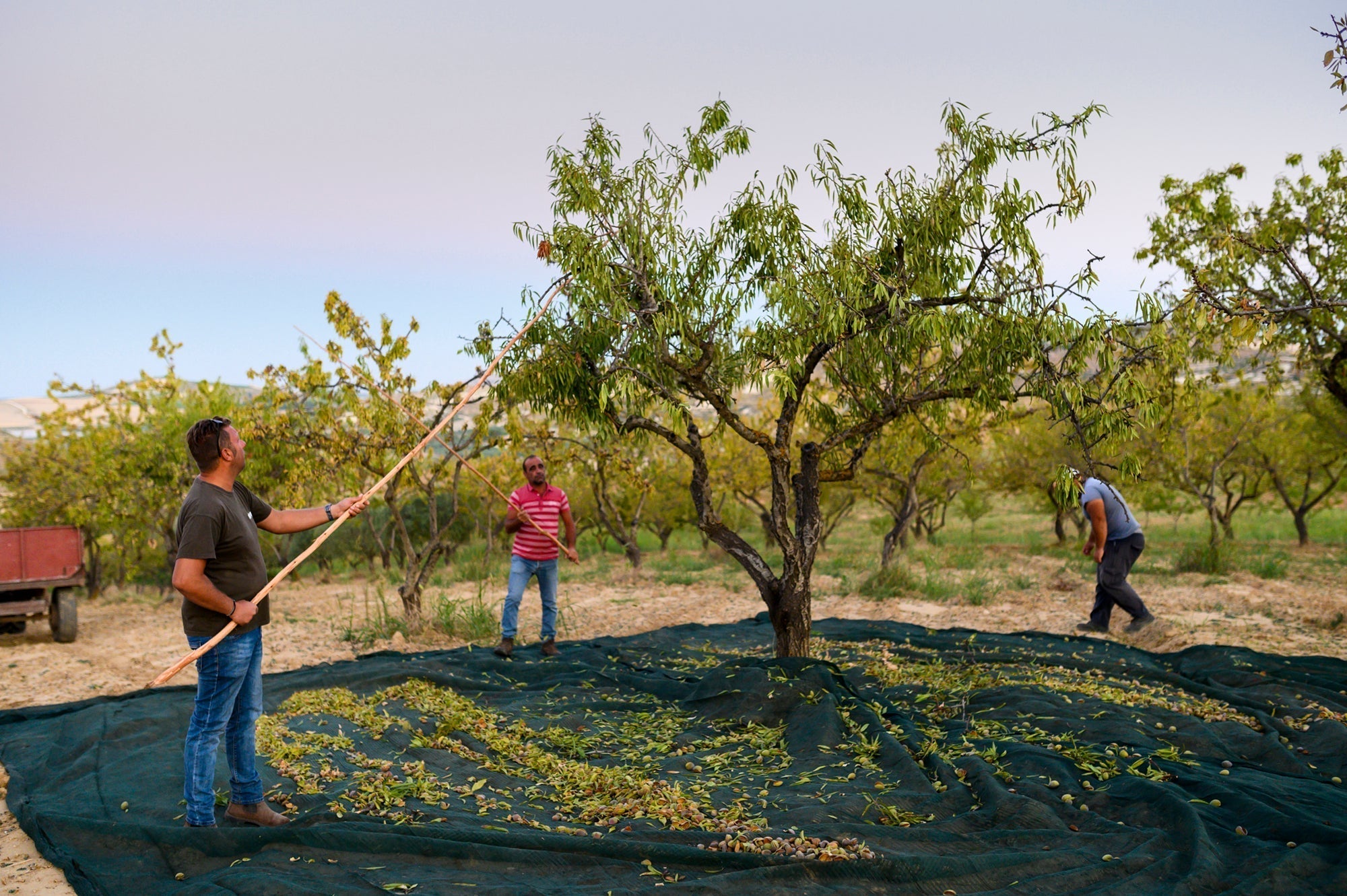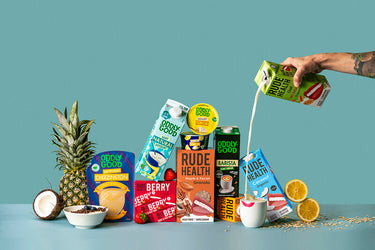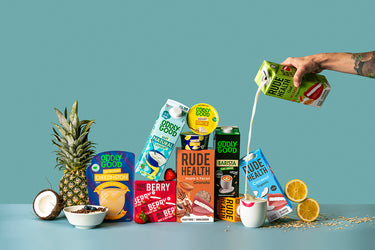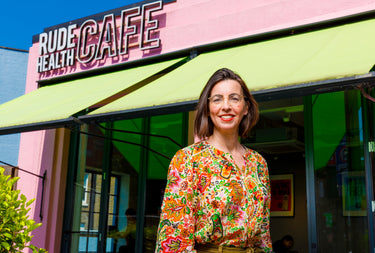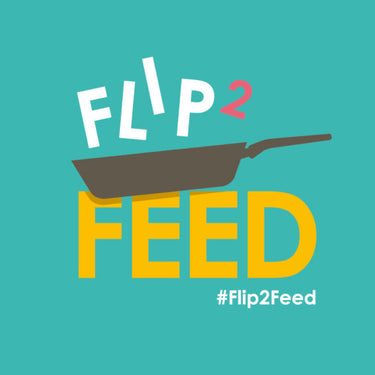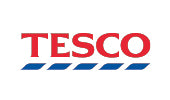Organic. Regenerative. Confused?
You’ve seen the word ‘organic’ slapped on food labels, but what does it really mean? And why do we at Rude Health make such a big deal about it? We asked our Head of Sustainability, Bertel, to dish the dirt on organic farming, its benefits, and why it matters so much to us.
What is organic farming?
Simply put, the practice of organic farming means farming with nature, not against it. Organic farmers cannot rely on chemical inputs to get rid of pests so they adopt creative and time-honoured strategies to minimise them. For example, they:
1. Rotate their crops so pests don’t get too comfy
2. Plant companion crops that have complementary characteristics
3. Introduce natural predators, like ladybirds, to control insects
4. Use natural approved sprays like organic neem oil
5. Feed the soil with compost instead of fossil-fuel fertilisers
The result? Organic farms are buzzing ecosystems, proven to have 30% more biodiversity on average, with soil that’s healthier, happier, and better at storing carbon.
Why does organic often cost more?
Yields can be smaller, and it takes more effort to grow things the natural way. That’s why organic often comes with a slightly higher price tag.
But here’s the kicker: chemical farming is only ‘cheap’ because the environmental cost isn’t on the receipt.
Organic vs regenerative, what’s the difference?
‘Regenerative farming’ is the hot new buzzword, loosely defining farming practices that serve to protect nature. It’s still quite a young movement, which means it hasn’t been enshrined in law in the same way that organic has.
Organic farming, we believe, is the original ‘regenerative’ farming system. An organic farmer must take care of their soil, their biodiversity, and minimise inputs used to produce the best ingredients.
We love that the regenerative movement is picking up steam, but when it comes to guaranteed quality and sustainability, organic still wears the crown.
Why is it important to Rude Health?
If you want the best-tasting food and drink, you start with the best ingredients. And the best ingredients are grown in harmony with nature, not smothered in chemicals.
Organic farming proves you don’t need to spray crops with pesticides or pump them full of artificial fertilisers. You can grow food that tastes better, supports biodiversity, and keeps the planet in rude health.

